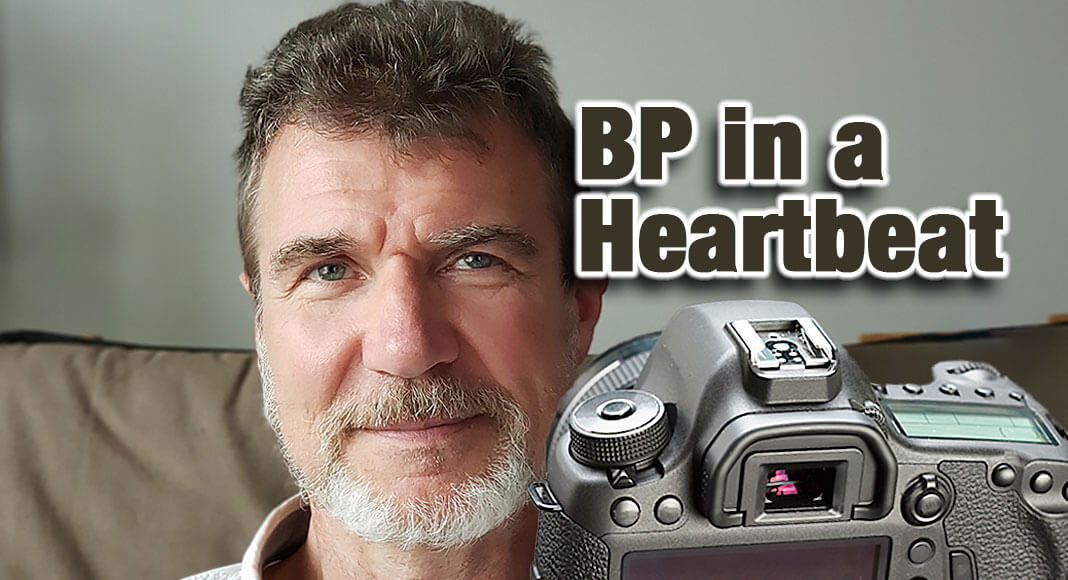
Mega Doctor News
By University of South Australia
Newswise — Australian and Iraqi engineers have designed a system to remotely measure blood pressure by filming a person’s forehead and extracting cardiac signals using artificial intelligence algorithms.
Using the same remote-health technology they pioneered to monitor vital health signs from a distance, engineers from the University of South Australia and Baghdad’s Middle Technical University have designed a non-contact system to accurately measure systolic and diastolic pressure.
It could replace the existing uncomfortable and cumbersome method of strapping an inflatable cuff to a patient’s arm or wrist, the researchers claim.
In a new paper published in Inventions, the researchers describe the technique, which involves filming a person from a short distance for 10 seconds and extracting cardiac signals from two regions in the forehead, using artificial intelligence algorithms.
The systolic and diastolic readings were around 90 per cent accurate, compared to the existing instrument (a digital sphygmomanometer) used to measure blood pressure, that is itself subject to errors.
Experiments were performed on 25 people with different skin tones and under changing light conditions, overcoming the limitations reported in previous studies.
“Monitoring blood pressure is essential to detect and manage cardiovascular diseases, the leading cause of global mortality, responsible for almost 18 million deaths in 2019,” UniSA remote sensing engineer Professor Javaan Chahl says.
“Furthermore, in the past 30 years, the number of adults with hypertension has risen from 650 million to 1.28 billion worldwide.
“The health sector needs a system that can accurately measure blood pressure and assess cardiovascular risks when physical contact with patients is unsafe or difficult, such as during the recent COVID outbreak.
“If we can perfect this technique, it will help manage one of the most serious health challenges facing the world today,” Prof Chahl says.
The cutting-edge technology has come a long way since 2017, when the UniSA and Iraqi research team demonstrated image-processing algorithms that could extract a human’s heart rate from drone video.
In the past five years the researchers have developed algorithms to measure other vital signs, including breathing rates from 50 metres away, oxygen saturation, temperature, and jaundice in newborns.
Their non-contact technology was also deployed in the United States during the pandemic to monitor for signs of COVID-19 from a distance.
Notes for editors
“Contactless blood pressure estimation system using a computer vision system” is published in Inventions. It is authored by Professor Javaan Chahl from the University of South Australia, and Dr Ali Al-Naji, Ahmed Bashar Fakhri and Mustafa F. Mahmood from Middle Technical University, Baghdad.








